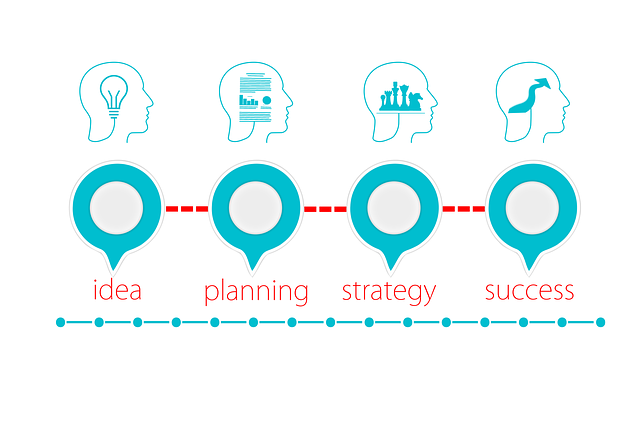Real estate professionals thrive in a competitive market by tracking key performance metrics like sales volume, property turnover, customer satisfaction, and market trends. Setting clear goals, utilizing data-driven tools, and regularly reviewing these metrics enable agents to adapt, improve, capitalize on growth, and maintain a competitive edge in the real estate sector.
In the dynamic world of real estate, tracking performance using key metrics is essential for achieving success. This article guides you through the critical steps of identifying relevant metrics, setting measurable benchmarks, and effectively tracking progress. We delve into data analysis techniques that empower real estate professionals to make informed strategic decisions. By focusing on essential metrics, from occupancy rates to customer satisfaction, this approach ensures a competitive edge in the market, ultimately driving business growth and profitability.
Identify Relevant Metrics for Real Estate Success

In the competitive landscape of real estate, tracking performance using key metrics is vital for success. To excel in this dynamic sector, professionals must identify and monitor relevant metrics that align with their business goals. For instance, sales volume and growth rates offer insights into market performance, while property listing inventory turnover measures efficiency in managing available properties.
Moreover, metrics like customer satisfaction scores and net promoter rankings gauge the quality of service provided to clients. In terms of Real Estate, tracking average days on market and sale-to-list price ratio can reveal trends in property sales cycles and pricing strategies. By closely monitoring these metrics, real estate professionals can make data-driven decisions, adapt to market changes, and ultimately drive business growth.
Set Benchmarks and Track Progress Effectively

In the dynamic realm of real estate, setting clear benchmarks and tracking progress is paramount for success. To effectively gauge performance, agents should establish measurable goals tailored to their unique market and client base. This might include metrics like closing rates, average sales price per property, or client satisfaction scores. Once these benchmarks are set, regular tracking becomes crucial. Utilize robust software tools designed for real estate that offer data-driven insights into your performance, allowing you to monitor progress in real time.
By consistently reviewing these metrics, agents can identify areas of improvement and make informed decisions to enhance their strategies. For instance, if closing rates are lower than desired, a deeper analysis might reveal trends that point towards the need for better marketing tactics or more personalized client engagement. This proactive approach ensures that your real estate business remains agile and responsive to market dynamics, ultimately driving superior performance over time.
Analyze Data to Drive Strategic Decisions

In the competitive landscape of real estate, data is a powerful tool for success. By analyzing key metrics, agents and brokers can gain valuable insights into their performance, enabling them to make strategic decisions that drive growth and increase profits. Regularly reviewing sales figures, market trends, customer feedback, and operational efficiency data allows professionals in this sector to identify areas of improvement and capitalize on emerging opportunities.
For instance, analyzing sales numbers over time can reveal peak seasons or help identify which marketing strategies convert best. Tracking customer satisfaction ratings provides insights into service quality and areas for enhancement. In terms of real estate, understanding market dynamics is crucial—analyzing rental rates, vacancy levels, and property values helps in making informed decisions about investments and listings. This data-driven approach ensures that every move is a calculated one, ultimately leading to a competitive edge in the market.






